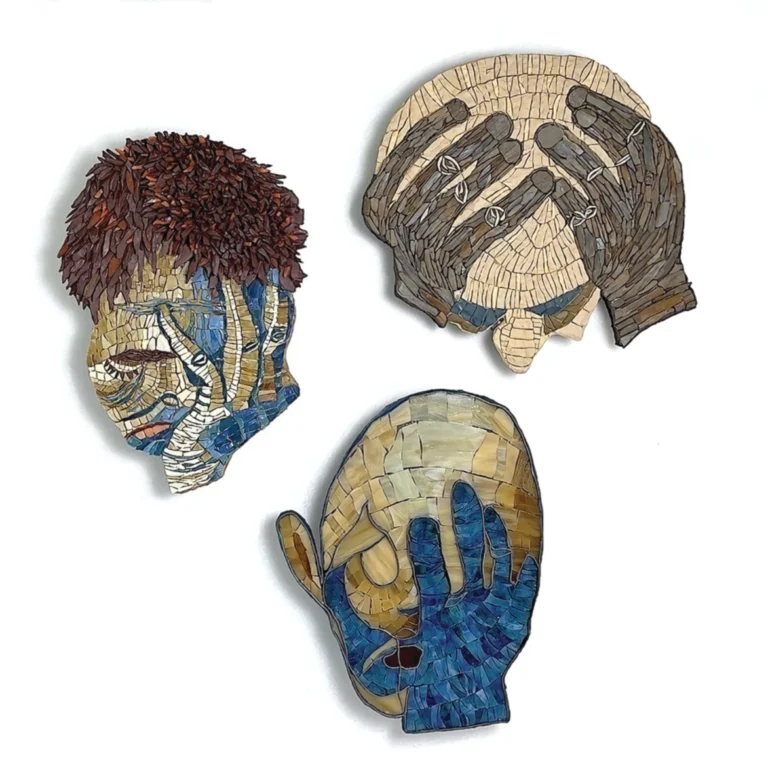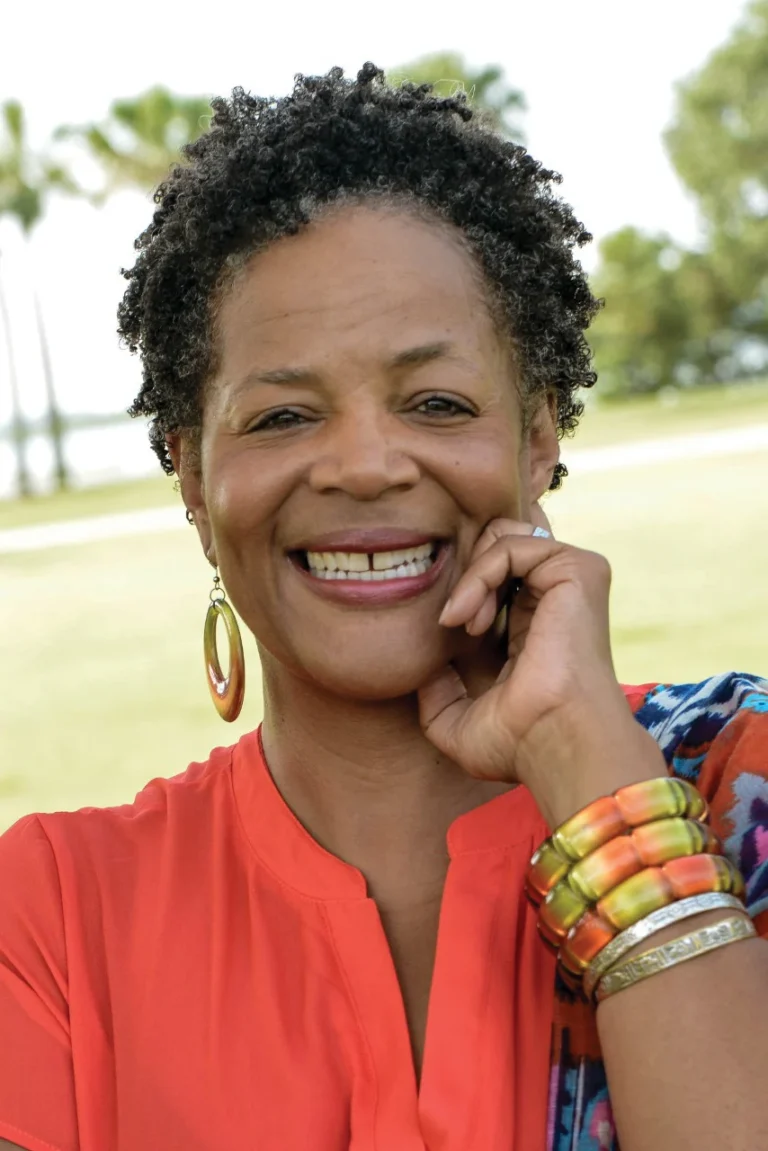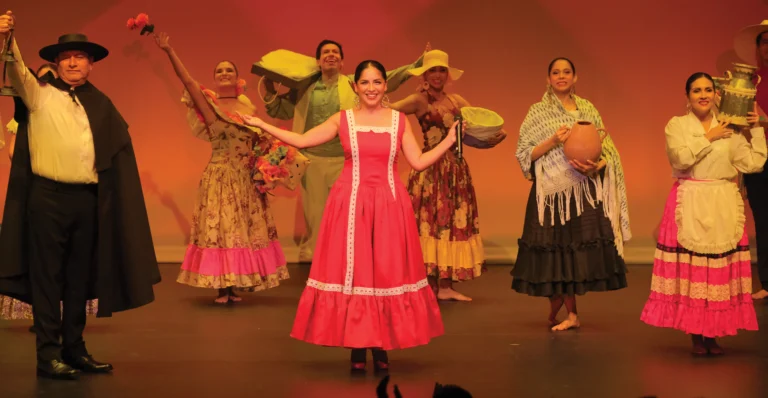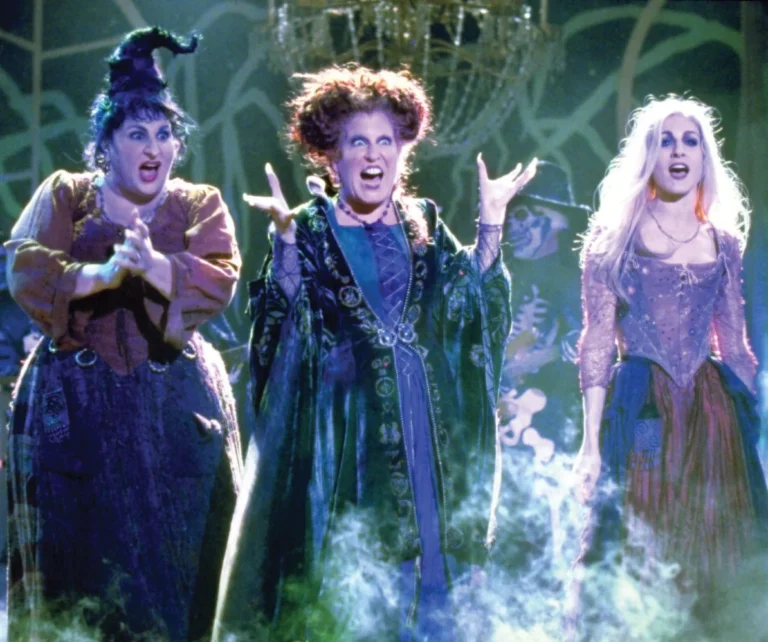It’s widely believed that most American civilians had little or no idea about the atrocities that Nazi Germany had been committing against Jews and others until the Allies liberated the concentration camps in 1945. That myth is debunked in Americans and the Holocaust, a multimedia exhibition that debuted in 2018 at the United States Holocaust Memorial Museum in Washington, D.C., and is now on a multiyear tour of the country with a stop slated this summer at the Winter Park Library.
An extensive collection of artifacts demonstrates that details about the brutal persecutions were readily available to anyone who cared to look, including magazine and newspaper articles that chronicled the relentless Nazi extermination campaign, as well as harrowing personal letters in which those who were being threatened begged for assistance and asylum.
There were even newsreels, one called Nazi Murder Mills, that were shown prior to feature films in theaters across the country and seen by an estimated 80 million people. Yet, despite the horror unfolding in Eastern Europe—and resulting scattered pockets of outrage—most citizens and their elected representatives couldn’t unite behind the idea of making a large and concerted rescue effort.
The reasons examined in Americans and the Holocaust run the gamut from simple antisemitism to fears that opening our borders to a vast influx of refugees would be an economic hardship and would potentially let in “undesirables.” Others, perhaps, thought that the inhumanity couldn’t possibly be as monstrous as they were being led to believe.
“A nuanced look at America’s efforts to stop the Holocaust—or lack thereof—shows why little about this subject is simple,” opined The Wall Street Journal when the exhibition first opened. Since then, it’s been to 50 libraries across the country, but no closer to Central Florida than Delray Beach.
When Americans and the Holocaust arrives in Winter Park, it will be making the only Florida stop on its 2024–26 tour. It will fill the relatively new library’s first floor with an 1,100-square-foot array of large-scale panels and touchscreen displays.
To amplify the themes of the exhibition, the library will host a series of six related educational sessions and lectures in its Edyth Bush Theater.
The Winter Park Library is located at 1052 West Morse Boulevard, Winter Park. For more information, call or visit the website.
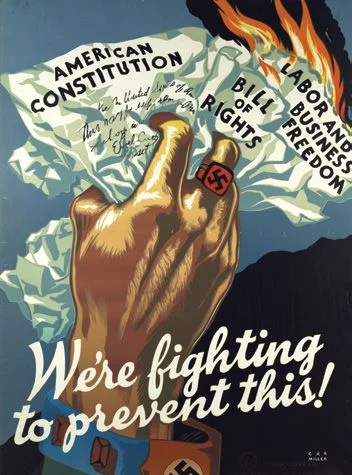
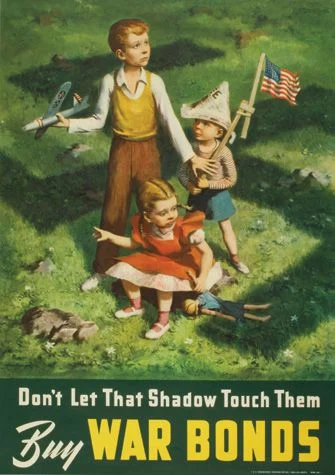
During World War II, how much was known on the homefront about the Holocaust? The question is a complicated one, as Americans and the Holocaust demonstrates | Courtesy Winter Park Library



